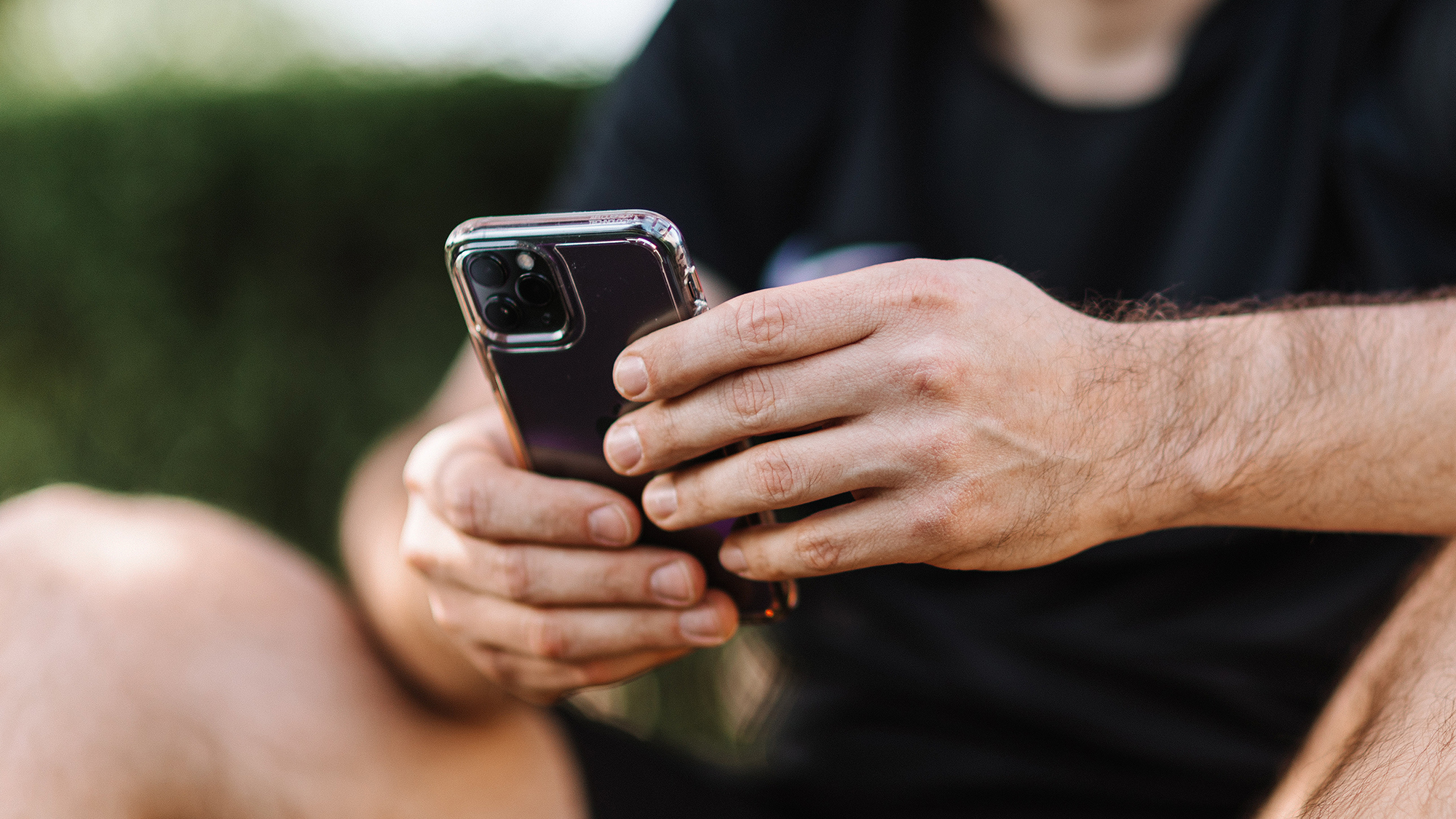Apple just made your iPhone a whole lot harder to steal
Good news for iPhone users and bad news for burglars as Apple gets tough on light-fingered iPhone thieves


Because I'm very old, I remember when you couldn't park your car for more than five minutes without somebody stealing the stereo. But after a few years of pretty much constant car stereo theft, the manufacturers got smart. If they couldn't make car stereos unstealable, they decided, they'd make them unsellable. So they did. They started coding them, and making them in odd shapes that were hard to get out and impossible to install in other manufacturers' cars. It was still technically possible, albeit a lot more difficult, to steal a stereo. But who'd buy it?
Apple appears to be thinking along similar lines for iPhones. According to an internal memo leaked to MacRumors, anyone who brings a stolen iPhone in for repair will be refused service. It's a good idea and makes the iPhone that little bit harder to sell on if you aren't its rightful owner – but there are a few caveats.
iPhone anti-theft protection
Every current iPhone up to and including the iPhone 13 range can be locked and wiped via Find My, which also includes Activation Lock: if the iCloud account holder doesn't disable activation lock, nobody can erase and reactivate your phone once you shut it down remotely. But of course that only works if you keep Find My enabled, and while it's on by default that doesn't mean everybody keeps it on.
This new initiative has similar caveats. The thief-warning will be tied to entries in the GSMA Device Registry, a global database that you can use to report a missing phone. If someone brings an iPhone into an Apple Store or authorised service centre for repair, their systems will check with that database and flag it up if it's listed as stolen. But for that to happen, you've guessed it: you need to have your phone in that database.
The other thing that isn't clear is what'll actually happen if the phone is flagged as stolen. Will the repairer politely but firmly refuse service, or – and this is my preferred option – will they be chased out of the Apple Store by a team of righteously irate Apple Geniuses? Or maybe they'll just call the police. Whatever the result, it should help to make dodgy iPhones harder to shift and therefore less attractive to villains.
Get all the latest news, reviews, deals and buying guides on gorgeous tech, home and active products from the T3 experts
Writer, musician and broadcaster Carrie Marshall has been covering technology since 1998 and is particularly interested in how tech can help us live our best lives. Her CV is a who’s who of magazines, newspapers, websites and radio programmes ranging from T3, Techradar and MacFormat to the BBC, Sunday Post and People’s Friend. Carrie has written more than a dozen books, ghost-wrote two more and co-wrote seven more books and a Radio 2 documentary series; her memoir, Carrie Kills A Man, was shortlisted for the British Book Awards. When she’s not scribbling, Carrie is the singer in Glaswegian rock band Unquiet Mind (unquietmindmusic).
